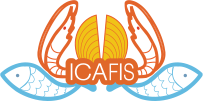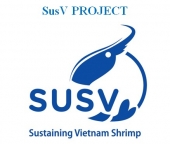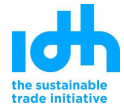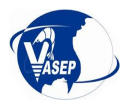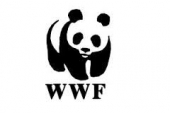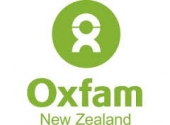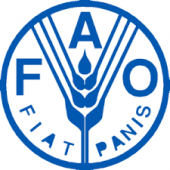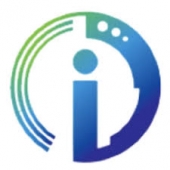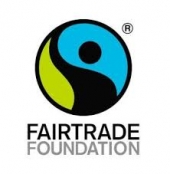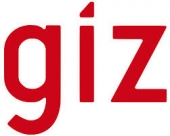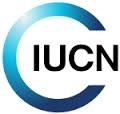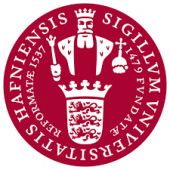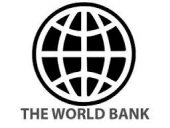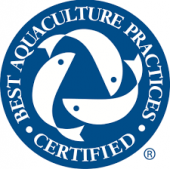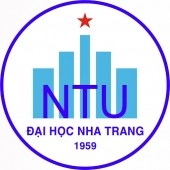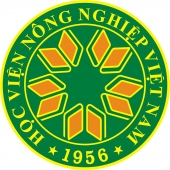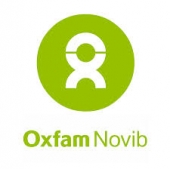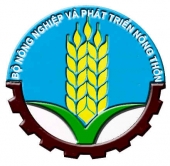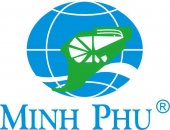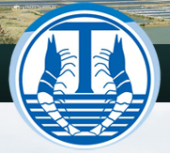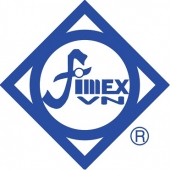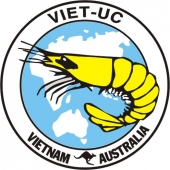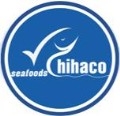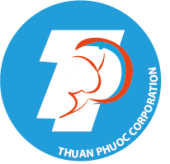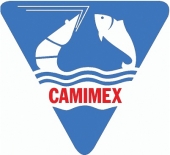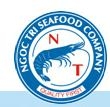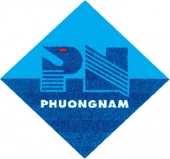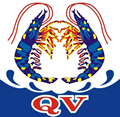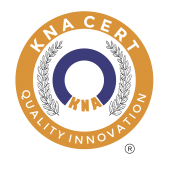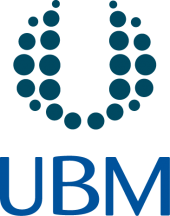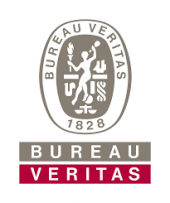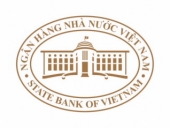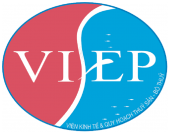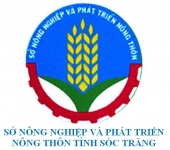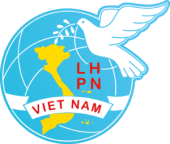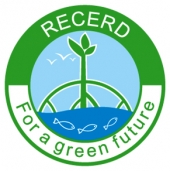Nowadays aquaculture traceability is generally considered not only a requirement to access international markets but also a key dimension of sustainability. Despite the great effort being made worldwide, traceability remains a challenge especially when dealing with small-scale producers in the developing world. This is especially true for the Vietnamese shrimp industry which plays an important role in the country economy. Vietnam is the worldwide top producer and exporter of tiger shrimp (Penaeus monodon) with a total production of 331000 metric tons in 2010 (MARD), which accounts for about 50% of tiger shrimp produced worldwide.
Vietnam is also a key shrimp exporter. According to the Vietnam Association of Seafood Exporters and Producers (VASEP), in 2010 Vietnam exported 240,935 metric tons of shrimp, worth over USD 2,1 billion and providing livelihoods for hundreds of thousands of small-scale farmers.
With so much at stake, it is not surprising that many initiatives are being implemented to assure the sustainability of the shrimp sector in Vietnam, including a project aimed at promoting compliance to the Shrimp Aquaculture Dialogue (ShAD) standards which will become the Aquaculture Stewardship Council (ASC) standards for shrimp. The project, which is supported by Danida (Danish government) and is implemented by WWF Denmark and WWF Vietnam, has been working for the past 2 years with small-scale shrimp farmers in Ca Mau and Soc Trang provinces.
As part of the project activities and with the technical support of the International Collaborating Center for Aquaculture and Fishery Sustainability (ICAFIS), the sustainability centre under the Vietnam Fisheries Society (VINAFIS), a Workshop titled 'Sustainable Shrimp Farming: development of a traceability system for small-scale shrimp holders' was organized by the Ca Mau Province Department of Agriculture and Rural Development (DARD) and WWF Vietnam on 8 June 2011 in Ca Mau City.
